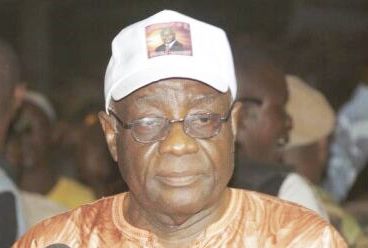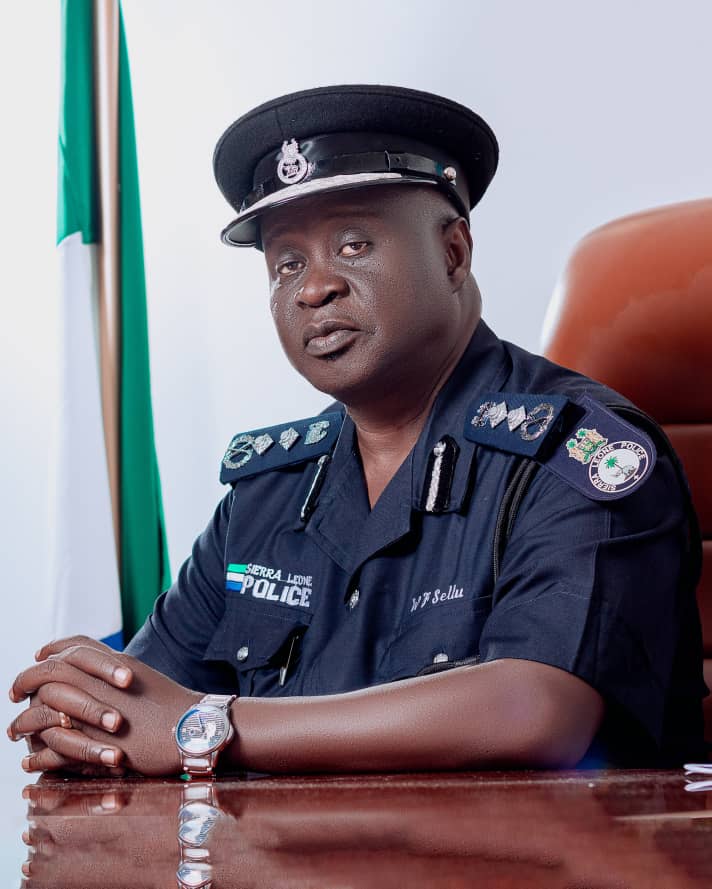By Hon. IB Kargbo
The activities of the much trumpeted Tripartite Committee are coming to an end in the midst of misinformation and confusion.
The deliberate efforts by the committee to exclude the media from the hearings gives the ugly impression that the tripartite is a secret ‘bondo bush’ affair as members of the public remain in the dark. It is exactly because the Tripartite Committee itself does not talk to the people, leading to the dangerous notion whereby the two political parties, the APC and the SLPP, have decided that each party is at liberty to draw its own conclusion as to what the tripartite is all about.
The majority of the APC followership, which continues to hold the belief that the June 24 elections were rigged, insists that the tripartite committee should recommend a rerun of the elections. The implications of such an assertion have not yet been explained.
The SLPP, which is in power and which happens to be the main beneficiary of the June 24 elections, insists that the elections are over and done with, an affirmation that angers the youths of the APC.
If on the other hand the SLPP holds on its belief suggesting that Maada Bio won the June 2023 elections, then there is no need for mediation.
The use of the word mediation is deliberate because in such a standoff which has witnessed the two main political parties are not seeing eye to eye, the future of Sierra can only be described as bleak. Reconciling the APC and SLPP does not merely suggest an effort to make the parties exhibit a better sense of patriotism; but also in a country where the two political parties have grown over the years based on tribal and regional lines, the Tripartite Committee should also not ignore this fact- the ethnic differences.
The most impatient people in this whole tripartite discussions are the youths, mostly APC and SLPP supporters who have used social media to hijack the leadership roles of their two parties.
The APC leadership, for example, is at the mercy of their social media bloggers, the APC and SLPP information secretariats exist only in name as the SLPP and APC bloggers have taken over the business of informing the public about sometimes very delicate political matters and this is not good for our democracy.
The situation is not helped by the activities of the extremely talkative American Ambassador to Sierra Leone who has found fun in pre-empting the outcome of the tripartite findings as his utterances continue to create tension within the political houses.
The brewing political tension in the country is as a result of the fact that the expectations of the APC party supporters have not been managed by the APC leadership just as the Tripartite Committee has not been able to talk to the people, to explain to the populace about the deliberation of the committee which would have been a beginning point of managing the expectations of the public.
The disastrous possibility is that the Tripartite Committee will end its sittings on the sad note that the APC and the SLPP would continue to hold the same original position as they held before the committee was set up, which is also not good for national peace and security. If the APC returns to square one, it would easily mean that the APC would continue to hold the view that Dr. Samura Kamara did not lose the elections.
The absence of any knowledge as to how the Tripartite is going about its business, and the whole business of its operations has been reduced to a monologue as the Tripartite Committee talks only to itself, leaving out the populace in such a very critical matter affecting the general populace and the future of Sierra Leone.
The American Ambassador, who has crowned himself as an expert that would baby-sit the people of Sierra Leone and in the process educate the ‘natives’ as to what democracy entails, should not forget that there are very experienced citizens of Sierra Leone who have played major global roles of mediation in solving the problems of other countries.
We should remember that Sierra Leone, in the days of Siaka Stevens, settled the dispute between Sudan and Ethiopia; and the Foreign Minister at the time, Abdulai Conteh, is still alive.
The same Dr. Abdulai Conteh was Foreign Minister of Sierra Leone when the dispute between Chad and Libya was resolved at an OAU meeting.
The Ivory Coast political crisis, after the election when Laurent Gbagbo hijacked power, was resolved by ECOWAS with the Sierra Leone delegation headed by Ernest Bai Koroma providing leadership.
In all of these examples above, there were huge doses of excellent public relations to inform the public about developments, preparing all parties for the outcome.
In the case of the Ivory Coast crisis, Sierra Leone’s Information Minister was constantly on BBC, VOA, and Radio France International.
The three Presidents of Sierra Leone, Cape Verde and Benin granted interviews to the public, and in the end when the decision to remove Laurent Gbabgo was taken, the public understood. In the case of the Tripartite Committee, not only has the committee failed to communicate with the public but the committee’s concept of stakeholders is also most restrictive.
These are the elders who possess the historical knowledge of their party and also play a mentorship role.
The APC has elders, the SLPP has elders, the Judiciary has elders, the journalist association has elders, the Labour Congress has elders, yet the Tripartite Committee has simply decided to talk to witnesses of their choice, leaving out the actual elders of either party. True, the
Tripartite Committee would have been a good move to resolve the political problems in Sierra Leone, but unfortunately since the committee has decided to stay dumb, both the APC and SLPP have now decided to interpret the Tripartite concept in their own various ways, leaving more room for confusion and misunderstanding.
How many people wished that the Tripartite Committee had communicated with the public on a stage-by-stage basis.










